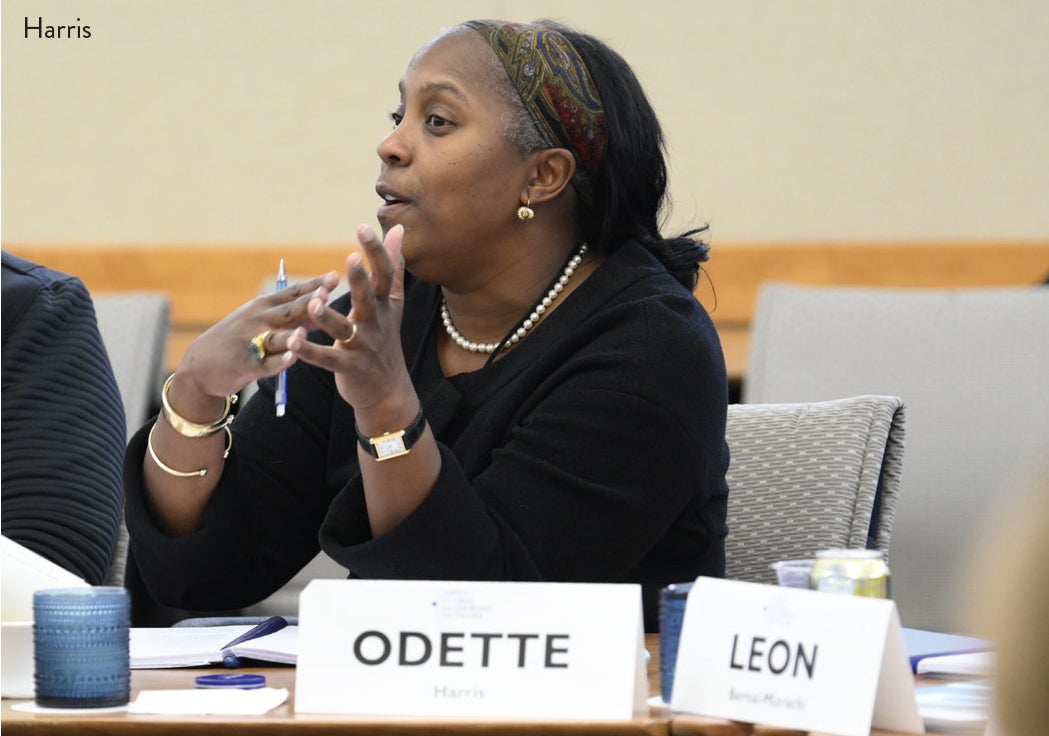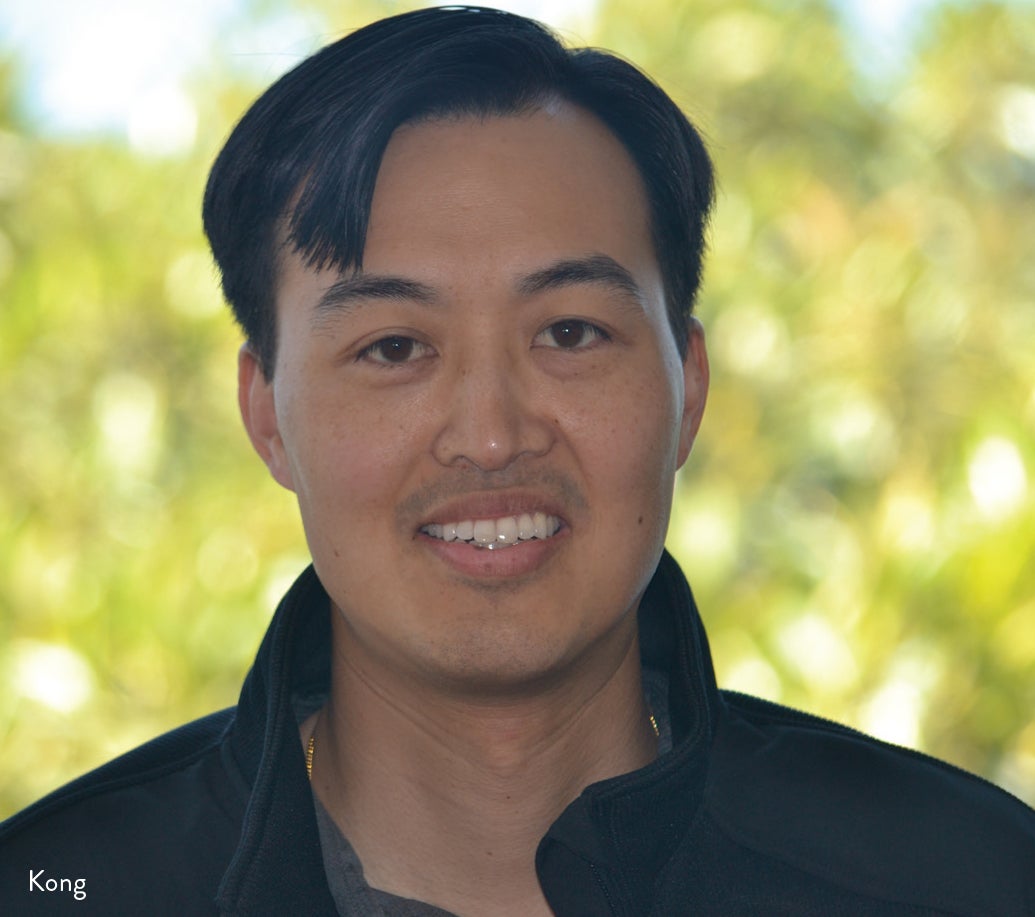Each year, the Aspen Institute selects a diverse cohort of 20 executives from across the health care ecosystem to embark on a transformative leadership journey. The Health Innovators Fellowship uses the Aspen Global Leadership Network’s model of moderated, text-based dialogue to catalyze self-examination of leadership, values, and the impact fellows want to have in and on the world.
Over the course of two years of attending signature seminars, each fellow launches a leadership venture that tackles a US health care challenge. The bonds formed lead to unique collaborations that broaden and deepen fellows’ impact on US health care. From implementing a new care model that better serves the needs of low-income, rural communities to creating a platform that accelerates the discovery of new drugs and diagnostics, fellows step up to lead in new ways.
“We are just scratching the surface of the impact that fellows can have,” Rima Cohen, the executive director of the fellowship, says. “As we continue to build a critical mass of values-based leaders across US health care—already 100 strong—we expect to see truly transformative work and collaborations that will impact millions of Americans.” Here are three fellows’ stories.
IKENNA OKEZIE, MD, MBA
Co-founder and CEO of Somatus, a value-based kidney care services and technology company
When I became a fellow in the inaugural class, I hadn’t conceived it was possible to effectively reach every person in the United States with kidney disease—37 million—with clinical programs designed to improve kidney health and delay disease progression. And I had just overcome my own fear of starting a company.
Then I had the benefit of seeing a group of otherwise downto-earth high achievers fearlessly plan to launch new companies, spin off enterprises, reprise civil-rights demonstrations, reduce disparities in care, and boldly tackle unmet needs in vulnerable populations. This incredible group encouraged me to take a risk of my own—Kidney Care Analytics, a platform that uses data from claims, medical records, and other sources to predict and identify cost- and quality-improvement opportunities for anyone with or at risk of developing kidney disease.
Today, the platform is known as RenalIQ™, and it has helped improve the care and quality of life for countless people with kidney disease—and we’ve only just begun. As we each continue our own personal and professional journeys, I believe it’s important to recognize when we may be afraid and then to choose not to be. As my best friend says, “Fear not.”
 ODETTE HARRIS, MD
ODETTE HARRIS, MD
Professor of neurosurgery at Stanford University School of Medicine and director of the Defense Veterans Brain Injury Center, which promotes state-of-the-science care for service members, veterans, and their families
My first days of the fellowship were overwhelming. We were inspired to think about the long runway of our lives to impart change and take on the challenge of doing something big, something with real and lasting impact. The example put forward to us was Gandhi and his long road of leadership. Needless to say, it was a high bar.
My venture, VITAL, addresses two concurrent problems I have directly witnessed. One is the paucity of educational and professional options for low-income, under-represented minority high-school graduates. The other is the shortage of skilled health care workers at medical centers in high-income areas—especially at the US Veterans Administration, with its limited ability to offer competitive salaries. We give high-school students for whom college might not be an immediate option an academic curriculum and competency-based training that prepare them for a career at a VA health facility, with the ability to pursue college later. VITAL leverages my existing relationships with both the VA Palo Alto Health Care System and the Boys and Girls Club of the Peninsula to pilot a program that could be used in similar locations across the country.
My Health Innovators community has supported and guided me as I’ve embarked on this journey. They have buoyed me and given me invaluable insights and partnerships that have helped me establish the foundation that will allow me to scale and sustain my venture. There is still much work to do, but now the long runway doesn’t overwhelm me.
 GARHENG KONG, MD, PHD, MBA
GARHENG KONG, MD, PHD, MBA
Co-founder and managing partner of HealthQuest Capital, a venture growth fund investing in innovative health care companies
Having been lucky to find a match when I went through the anxiety-inducing bone-marrow transplant process, I wanted to see if there was a way to improve the odds of others finding a match—especially patients of minority ethnic descent, who have low probabilities of finding the matches they need. Instead of just being grateful after my successful procedure, the fellowship discussions and venture opportunity inspired me to engage directly in taking on the effort to institutionalize the process of increasing the national bone-marrow registry’s donor population and diversity. I continue to actively expand the work of my venture post-graduation. The fellowship allowed me the time and space I would not otherwise have had to create the foundation for this work—which has become a lifetime effort for me.